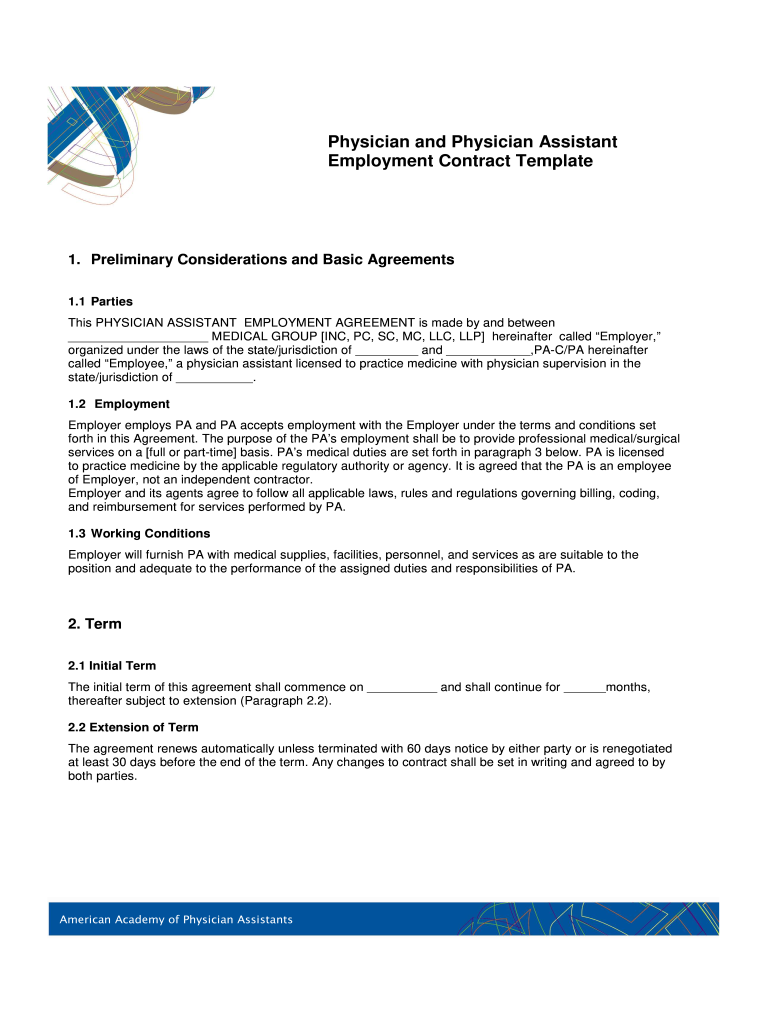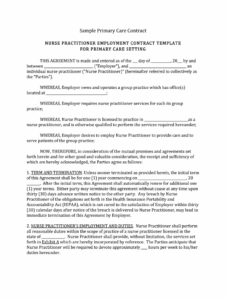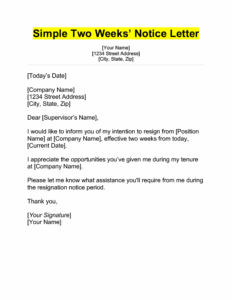Beginning a new role as a physician assistant is an exciting step in your career journey. You’ve worked hard to gain your education and certifications, and now you’re ready to put your skills to practice. However, before you jump into clinical duties, one of the most crucial documents you’ll encounter is your employment contract. This isn’t just a formality; it’s the blueprint for your professional relationship with your new employer, outlining everything from your responsibilities to your compensation and future career trajectory.
Understanding every clause and implication within this document is paramount to ensuring your long-term satisfaction and protecting your professional interests. Many PAs find themselves feeling overwhelmed by the legal jargon, which is why having a strong foundation, perhaps starting with a robust physician assistant employment contract template, can be incredibly helpful. It allows you to anticipate what to expect and what questions to ask, empowering you to negotiate effectively and confidently step into your new position.

Key Elements You’ll Find in a Solid PA Employment Contract
When you receive an employment contract, it’s essentially a detailed agreement that defines the terms and conditions of your professional engagement. It’s designed to protect both you and your employer, ensuring clarity on expectations and obligations. A comprehensive contract will touch upon various critical aspects of your employment, from your day-to-day duties to how potential disagreements might be resolved. Taking the time to thoroughly review each section is not just recommended, it’s essential for your peace of mind and professional future.
Understanding Your Compensation Package
Your compensation is often the first thing people look at, and for good reason. It details your salary, but a good contract goes much further. It should clearly outline your base salary, whether it’s hourly or annual, and any provisions for raises or performance bonuses. Beyond the direct pay, your benefits package is an integral part of your total compensation.
- **Base Salary:** The agreed-upon income for your services.
- **Bonus Structure:** Details on performance incentives or production bonuses.
- **Health Insurance:** Coverage for medical, dental, and vision.
- **Retirement Plans:** Information on 401(k)s, 403(b)s, or other retirement contributions.
- **Paid Time Off (PTO):** How vacation, sick leave, and holidays are accrued and used.
- **Continuing Medical Education (CME):** Allowances for time off and funds for professional development.
Defining Your Role and Responsibilities
This section precisely defines what your job entails. It will describe your scope of practice, the types of procedures you’re authorized to perform, your reporting structure, and any specific duties or patient load expectations. Clarity here prevents future misunderstandings about your role within the practice. It’s also where your supervising physician’s responsibilities might be outlined, emphasizing the collaborative nature of PA practice.
Navigating Termination Provisions
No one wants to think about an employment ending, but understanding the termination clauses is crucial. These provisions will detail the conditions under which either party can end the employment relationship. It typically covers notice periods, whether termination is “for cause” (e.g., misconduct) or “without cause,” and what happens to any accrued benefits or outstanding payments upon termination. Knowing your rights and obligations in such a scenario is incredibly important.
Restrictive Covenants and Your Future
Many PA contracts include restrictive covenants, the most common being non-compete and non-solicitation clauses. A non-compete clause might restrict you from working for a competing practice within a certain geographic area and for a specific period after leaving your current employer. A non-solicitation clause prevents you from recruiting former colleagues or patients. These clauses can significantly impact your career options if you decide to move on, so understanding their scope and enforceability is vital.
Malpractice insurance and indemnification are also key. The contract should specify who provides and pays for your medical malpractice insurance, the coverage limits, and whether it’s "claims-made" or "occurrence-based" coverage. Additionally, indemnification clauses outline who is responsible for legal costs and damages if a lawsuit arises from your professional services. This protection is non-negotiable for any practicing PA.
Tips for Reviewing and Negotiating Your Contract
Receiving an employment contract isn’t an invitation to sign it immediately. It’s an opportunity to ensure that the terms align with your professional goals, personal needs, and market value. Approach this stage with careful consideration and a willingness to advocate for yourself. Remember, the initial offer is often just that – an offer – and many aspects can be negotiated. Don’t feel pressured to make a quick decision.
First and foremost, take your time to read every single word. Highlight anything you don’t understand, any terms that seem ambiguous, or any clauses that make you uncomfortable. It’s a good idea to read the contract multiple times, perhaps once for a general overview and then again for specific details related to compensation, benefits, and restrictive covenants. Involve trusted advisors early in the process.
Consider seeking legal counsel from an attorney specializing in healthcare employment contracts. While a physician assistant employment contract template can give you a great starting point, a lawyer can provide personalized advice, identify potential pitfalls, and help you understand the nuances of state-specific laws that might affect your contract. This investment can save you significant headaches and financial strain down the road.
Identify the negotiable items. While some aspects of a contract might be standard for a given organization, others, such as salary, bonus structure, CME allowances, relocation expenses, and even non-compete terms, might be open for discussion. Be prepared to articulate your value and your desired terms, backed by research into market rates for PAs in your specialty and geographic area. Your negotiation strategy should be based on facts and a clear understanding of your priorities.
Embarking on a new PA role should be an exciting and secure journey. A well-understood and fairly negotiated employment contract serves as the foundation for a successful and satisfying career. By taking the time to review, question, and, if necessary, negotiate, you are not just signing a piece of paper; you are actively shaping your professional future and protecting your interests.
Ultimately, your employment contract is more than just a legal document; it’s a reflection of the professional relationship you are building with your employer. Approaching it with diligence and an informed perspective will set you up for success, foster a transparent working environment, and ensure that both parties are aligned on expectations and commitments for years to come.



